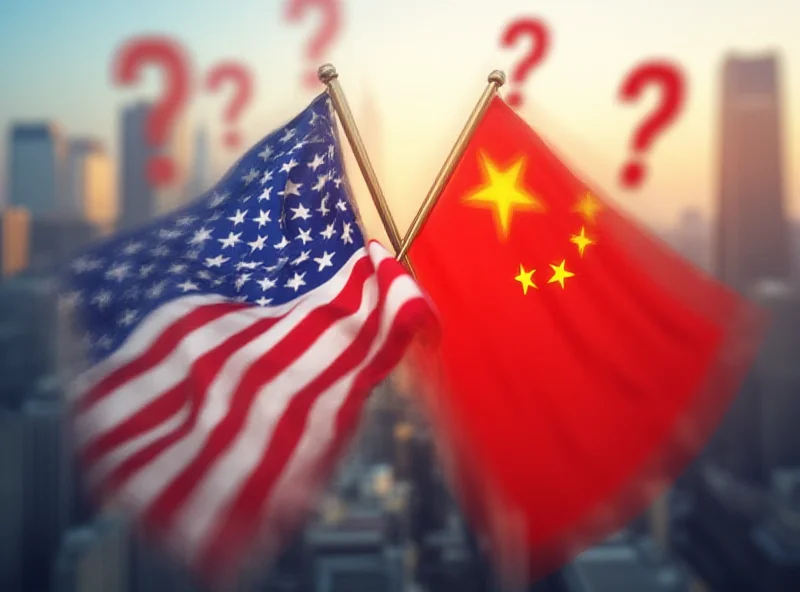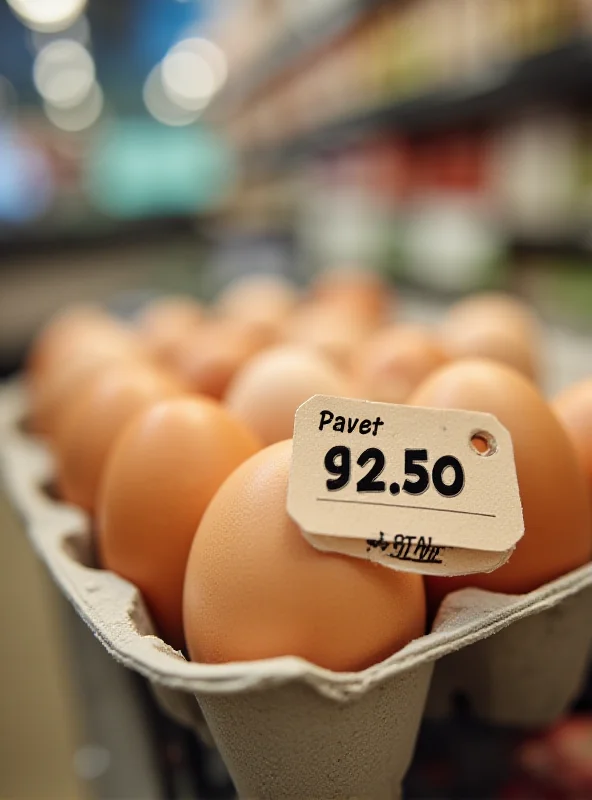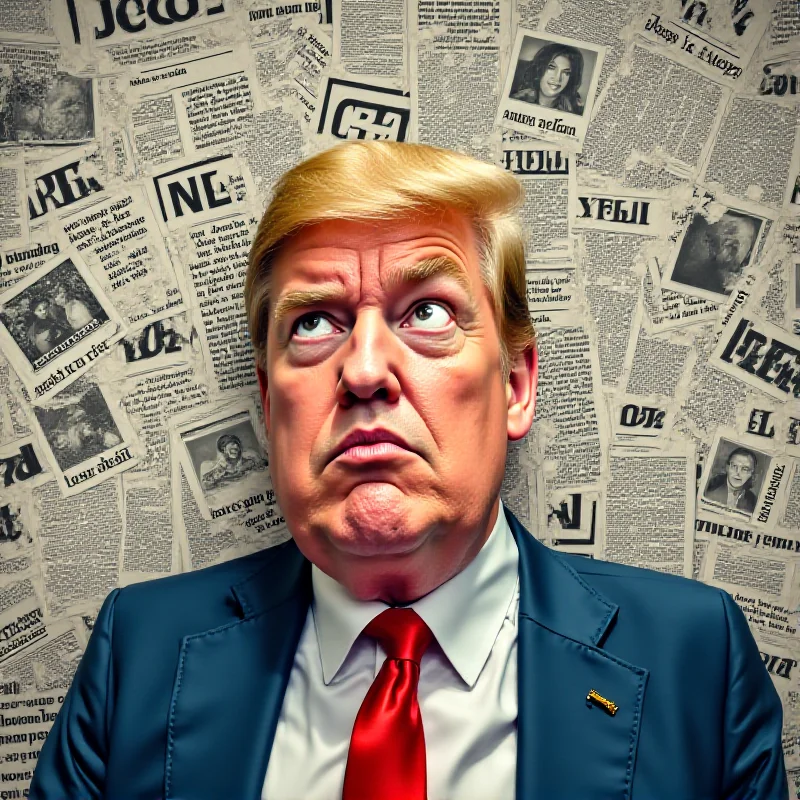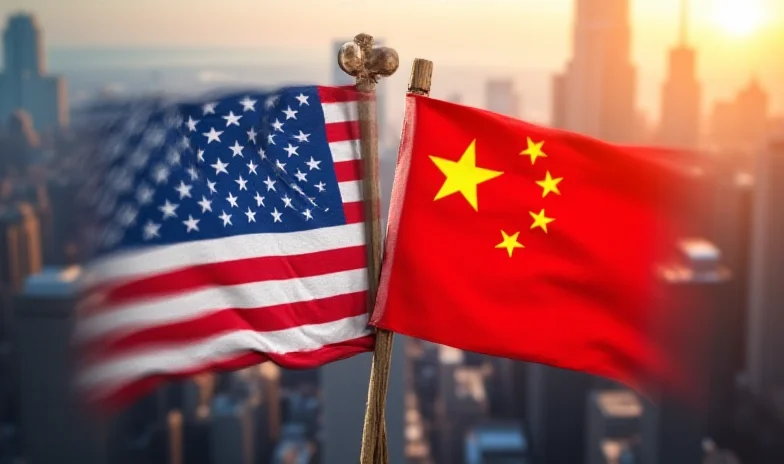The global economic landscape is currently facing a multitude of challenges, from trade disputes and rising inflation to debates over how economic growth is measured. This article delves into several key developments, offering a snapshot of the current state of affairs.
Tariff Evasion and US Business
US firms are increasingly vocal about the need for stricter enforcement against Chinese importers who are allegedly evading tariffs. These companies argue that state-backed firms are exploiting legal loopholes, creating an uneven playing field.  The consequences, according to reports, have been dire, with many US businesses being forced to close due to these unfair practices.
The consequences, according to reports, have been dire, with many US businesses being forced to close due to these unfair practices.
“The current situation is unsustainable,” stated one industry representative, speaking on condition of anonymity. “We need immediate action to protect American businesses and ensure fair competition.”
Rising Food Prices
Consumers are feeling the pinch as prices for essential food items continue to rise. Recent surveys highlight significant increases in the cost of staples like eggs and coffee. A study by Cepea (Center for Advanced Studies in Applied Economics) of USP revealed that egg prices surged by 39.4% between January and February.  Adding to the burden, Abras (Brazilian Association of Supermarkets) reported a 50.34% increase in coffee prices over a 12-month period. These increases are impacting household budgets and raising concerns about food affordability.
Adding to the burden, Abras (Brazilian Association of Supermarkets) reported a 50.34% increase in coffee prices over a 12-month period. These increases are impacting household budgets and raising concerns about food affordability.
Terex's Cautious Approach
In other news, Terex, a global manufacturer of lifting and material processing products, is maintaining a neutral stance on its stock. This decision reflects short-term market uncertainties. The company appears to be adopting a wait-and-see approach, suggesting caution in the face of unpredictable economic conditions.
Rethinking GDP Calculations
A debate is brewing in the US regarding how Gross Domestic Product (GDP) is calculated. US Commerce Secretary Howard Lutnick has proposed excluding government spending from GDP reports.  Lutnick argues that including government expenditure inflates economic measures. This view is shared by Elon Musk, who believes that government spending does not add real economic value. Proponents of this change believe that balancing the federal budget, which this change would highlight, could drive economic growth and lower interest rates.
Lutnick argues that including government expenditure inflates economic measures. This view is shared by Elon Musk, who believes that government spending does not add real economic value. Proponents of this change believe that balancing the federal budget, which this change would highlight, could drive economic growth and lower interest rates.
“We need a more accurate picture of economic performance,” stated Lutnick in a recent interview. “Excluding government spending will provide a clearer view of the true drivers of growth.”
These various economic developments highlight the complexities and challenges facing businesses and consumers alike. From trade disputes to inflation and debates over economic measurement, the global economy remains in a state of flux.

